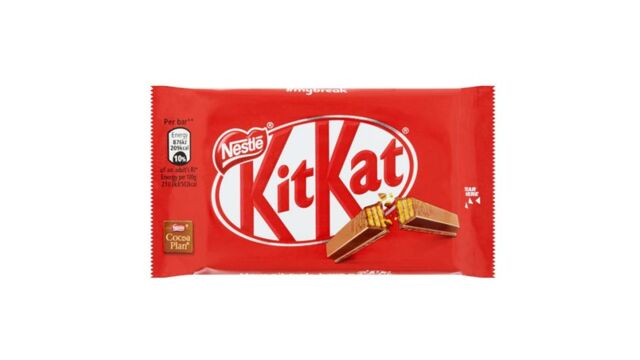Kit Kat has found not only a good way to reduce their ecological footprint but also make us think twice about throwing away the wrapper! Each Kit Kat bar will be wrapped in a paper packaging and includes instructions on how to build the traditional origami crane - a symbol of hope and healing. This environmentally friendly packaging encourages customers to turn their trash into art.
Discover our latest podcast
The biggest market for Kit Kat is Japan, which sees a large variety of flavours that aren't present western countries like sweet potato and wasabi. The new packaging will see its debut with the three most popular Japanese flavours - original, matcha, and dark chocolate. While they still are miniature-sized, the impact on plastic production is considerable. Nestlé has estimated that this new initiative will help to reduce the brand’s plastic waste by approximately 380 tonnes per year.
The world’s biggest food company has vowed to make 100% of its packaging recyclable or reusable by 2025, after facing increasing pressure from environmental groups.
'Plastic waste is one of the biggest sustainability issues the world is facing today,' Nestlé CEO Mark Schneider says. 'Tackling it requires a collective approach. We are committed to finding improved solutions to reduce, re-use and recycle.'
Whilst Nestle Japan is trying to rebuild its brand image after numerous scandals over their lack of ethical standards and social responsibility, Greenpeace Plastics Campaigner Kate Melges says that 'Nestlé has created a monster by producing endless quantities of throwaway plastics that persist in our environment for lifetimes.'
'People living along rivers and coastlines in Southeast Asia and in other communities around the world are among the most impacted by plastic pollution. Even though excessive production of single-use plastic for packaging is the real cause, these communities are often blamed for this crisis.'
Greenpeace suggests that even though Nestle reduces its plastic waste impact, this initiative too little too late. Here's to hoping this initiative is only a first step for many other environmentally conscious actions.















